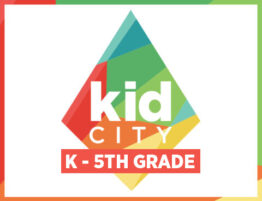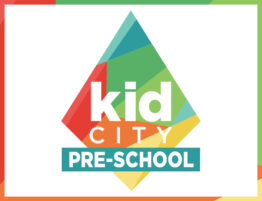
Every year, two professors from a small college in Wisconsin publish a “Mindset” list to remind us that every freshman has a completely different knowledge base than previous generations. Maybe you’ve seen the list. For example, this year, the class of 2017 has. . .
never had the chicken pox,
only known two presidents,
never needed directions, just an address,
always known there are “five hundred, twenty five thousand, six hundred minutes” in a year.
The Mindset List reminds us that knowledge is always changing. When we narrowly define knowledge as the dictionary does, we forget that facts and information can only take us so far. What really matters—what really tests our knowledge—is what we do with what we know.
As a parent, we navigate that journey as we build into our kids an understanding of the world around us. One of the ways we can do that best is to think about the destination before we get too far along on the journey.
Roll the years forward. Imagine the end of your child or teen’s formative years. What does it look like after he or she has become an adult? What are the most important things that we want our son or daughter to walk away with and KNOW once they leave our home and head for college and beyond?
With that end in mind, we define knowledge a little differently, in a more active sense. For us, knowledge is “discovering something new so you can be better at what you do.”
Kids are naturally curious. They are wired at birth to question, explore, and discover what they don’t know. If we are not careful about how we handle learning, kids can grow up and grow out of being interested in discovering new things. The future of your children is not only linked to what they know, but to their desire to keep learning.
Whether we realize it or not, adults have the ability to turn the discovery dial up or down in a kid’s life.
If you want to turn it up, you need to become intentional about looking for ways to intrigue them with new ideas and insights about life.
Keep the story in history.
Keep the mystery in science.
Keep the application in math.
And when it comes to spiritual issues, be careful you don’t define God in such narrow terms that He’s no longer as huge and miraculous as He really is.



